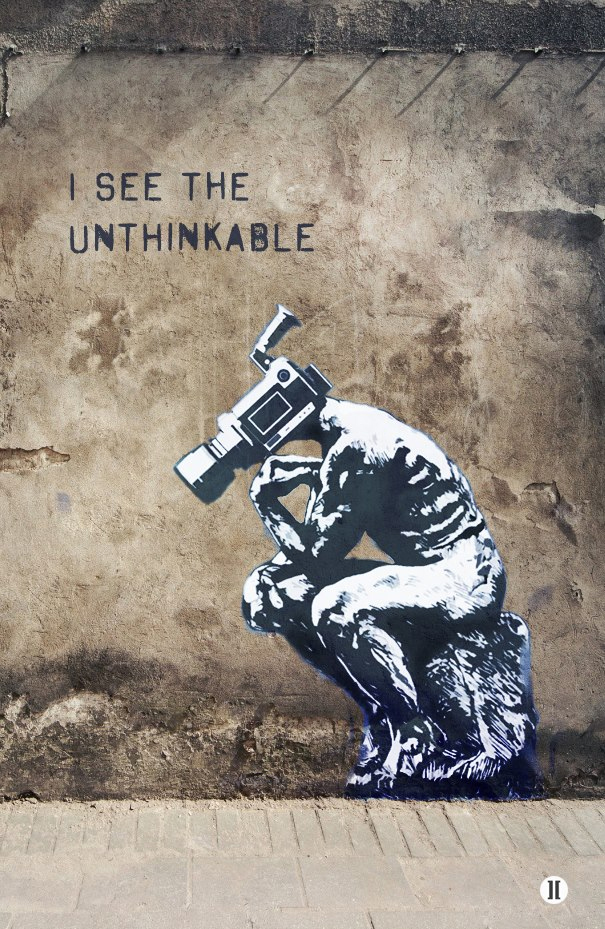By Elie Chalala
Hussam Itani has written a post titled, "Intellectual Production and Criticism." “Since the beginning of the Arab revolutions, no concept has developed worthy of our attention” Itani states. Nor does he believe there exists either a legitimate intellectual discourse on the future of the region, or even one artistic work which provokes serious debate.
Rather, we have only received thousands of journalistic articles offering little more than “explanations of repression and the backwardness of Arab regimes.” Part of the discourse has taken the form of trading insults between “failed intellectuals and poets.”
“The production of knowledge is an immense task indeed.” The process of developing ideas and concepts that can be tested and validated exposes the authenticity or fallacy of ideas. “What we have read so far are harrowing testimonies of our conditions,” including details of these conditions and how they came to be. But the need “to understand the past and the present does not necessitate knowing the future.” The enormity of this “catastrophic reality,” and the failure of the current discourse to transcend it, precludes understanding the future. This leaves "a high wall of terror of varied sources and forms of violence and fear" that needs to be transcended.
Faced with the shallowness of what has been written about the current state of things, we find nothing but cynicism. Yet, “even this cynicism cannot be elevated to the level of criticism which could lay down the basis of new consciousness.” The inconsequential nature of post-Arab-revolutions writing becomes apparent when the authors of many thoughtless articles refrain from calling things by their real names, or even identifying themselves as the actual writers responsible for these foolish articles. Moreover, several factors stymie the emergence of real literary production, including “the existence of a public relations circle, the apprehension by authors of displeasing those in control of [their] employment, the recruitment of literary hirelings, and an environment already politically dependent upon the varied financial and sponsoring authorities.”
Intellectual production, subsequently, “aims to please the financial sponsor, while criticism seeks to settle accounts with this sponsor in order to please another.” Thus, whoever talks about producing an Arab intellectual discourse independent from funding sources and authorities describes “a mirage.” Mr. Itani concludes that breaking the funding cycle constitutes the first step towards an independent production of Arab knowledge, and the beginning of a path towards new, genuine criticism.
This article appeared in Al Jadid Magazine, Vol. 19, No. 69, 2015.
Copyright © 2015 AL JADID MAGAZINE

